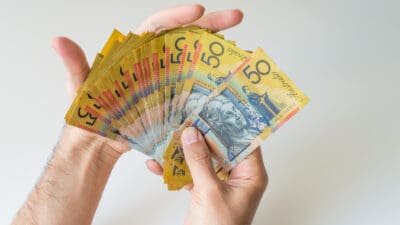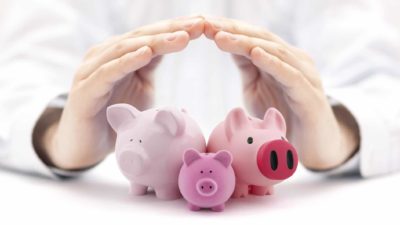Investing in ASX shares is not something we normally view as an addictive behaviour. Smoking, drinking, gambling… these are all things that society recognises as potentially addictive. But investing is not normally on the list. In fact, we Fools spend a lot of time trying to convince more people to invest, and I can tell you it's not always an easy task. As such, I'm not someone who thought investing (at least good investing practices) could be an addictive type of behaviour.
But reporting from the Australian Financial Review (AFR) suggests otherwise.
According to the AFR, the popular United States brokering app, Robinhood, is behind a surge of mostly young, new investors treating the share market like a giant casino, rather than a place to build long-term wealth. The AFR states that Robinhood has 13 million active users, 3 million (or 26%) of whom signed up in the first four months of 2020.
The 'Robinhood effect'
According to the AFR, Robinhood embraces the idea that investing should be accessible, but also "thrilling" and "delightful". It notes how features like congratulating investors on their first trade with a "confetti animation", providing free options trading, letting investors see the most popular shares others are holding, and offering investors free, randomised shares if they sign up another investor, can lead to gambling-esque behaviour.
"It's like playing poker – as long as you have a little money, you can sit down and start competing" the AFR quotes Charles Rotblut of the American Association of Individual Investors, as stating.
Indeed, the Robinhood effect has been blamed for several 'irrationally exuberant' events in the US share market this year. Perhaps most famous was the case of Hertz Global Holdings Inc (NYSE: HTZ). Hertz is a car-hire company that filed for bankruptcy in May of this year. And yet a frenzy of speculative trading saw Hertz shares rocket nearly 900% between 26 May and 6 June, even though the company was insolvent.
This can be perhaps understood if we look at the comments of Will Sartain, a 19-year old investor who, according to the AFR, used to spend $70 a week on sports match betting. Now, he's deep into Robinhood:
"I would get a nice rush from sports betting," the AFR quotes Mr Sartain as stating. "When I started putting the money into Robinhood, then I started feeling that same rush."
Is investing gambling?
I think the share market is a rare institution where you can either use it for speculative or wealth-building purposes. Yes, you can go and throw darts at the metaphorical dartboard any time you like with shares. You could buy 50 shares tomorrow and aim to sell them the following day for a 50% profit, and no one would stop you. And there's no doubt that 'getting lucky' with a quick winner on the share market would give you a 'rush' akin to winning the jackpot.
However, like most forms of gambling, this strategy doesn't usually work well for long-term wealth creation. Therefore, I think the best solution is showing would-be investors that the share market is a place where "wealth is transferred from the impatient to the patient" over time, to paraphrase the great Warren Buffett.
Yes, betting on shares can be addictive (especially with 'delightful' apps like Robinhood), we've seen that. But so can the style of long-term investing that Buffett (and we Fools) love. You just have to give the latter more time.









